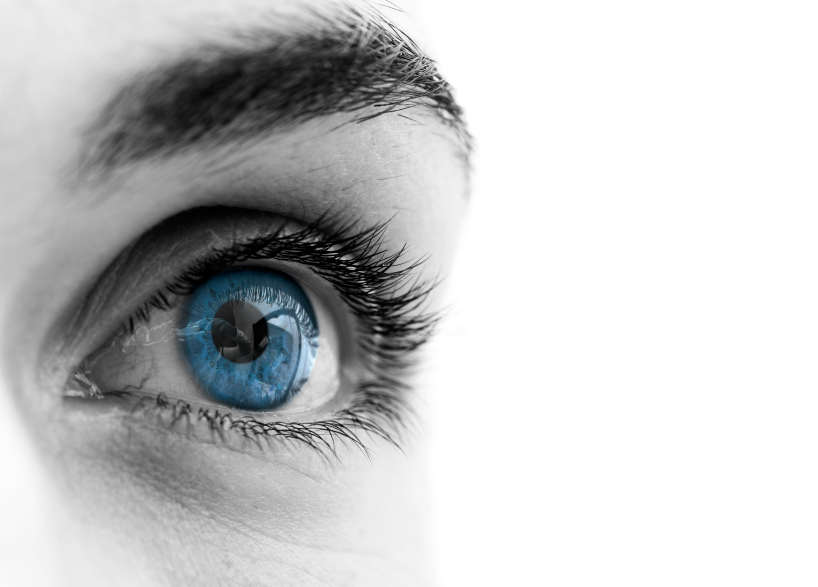Cataract Surgery and Glaucoma
Are cataracts and glaucoma related?
Cataracts and glaucoma are separate diseases. Both affect vision, but in different ways. Cataracts are when the lens in the eye become cloudy and difficult to see through. Glaucoma is when the nerve from the eye to the brain begins to be damaged and die off. If you have glaucoma, you are not at higher risk for cataracts. But, certain very dense cataracts can cause a special relatively rare type of glaucoma. When the cataract causes the lens to change shape, it can block the drainage system of the eye and cause a sudden spike in the pressure inside the eye. This raised pressure can cause glaucoma- called angle closure glaucoma.
Treatment of cataracts and glaucoma is very different!
Cataracts are a curable disease with eye surgery. The cataract (and lens) are removed and a new artificial lens is placed.
Glaucoma is treated usually with eye drops and/or surgery. Glaucoma is not curable, but if found early enough, can be treated and prevented from getting worse.
Symptoms of Cataracts and Glaucoma are different!
Cataracts cause gradually blurry vision, or glare/halos over time. Once you notice your vision worsening, it’s probably time for surgery.
Glaucoma does not usually show up noticeably in your vision. Glaucoma affects peripheral vision, so by the time people notice a vision change it is very late in the disease, and very difficult to treat. One type of glaucoma, called angle closure, will be noticed immediately with severe pain, redness, and blurred vision. If you have these symptoms you should call your eye doctor or go to the emergency room right away.
Having both cataracts and glaucoma….
If you have been diagnosed with both cataracts and glaucoma, both should be treated. Removing cataracts often helps lower the eye pressure in some people with glaucoma, although your pressure will need to be closely monitored for the first month after surgery. Occasionally, surgery causes an increase in pressure. It is important to discuss your glaucoma medications with your eye surgeon to know which drops to continue. Some eye surgeons will perform both cataract surgery and glaucoma surgery at the same time.
- Premium lenses or Bifocal Lens Cataract surgery: A recent study showed those with glaucoma or likely to progress to glaucoma in the future will loose more vision with a “premium” or multifocal/bifocal lens implant put in during cataract surgery (1). It reduces contrast sensitivity, which makes vision difficult in dim situations and can also affect reading. Normally progressing glaucoma loses on average .12dB of retinal sensitivity per year. A multifocal lens can lose approximately 2dB. That is something to consider prior to surgery and discuss with your eye doctor.
Dr. Velotta will discuss all your options with you prior to cataract surgery.
1. Aychoua N et al. JAMA Ophthalmology. Published online Feb 21,2013.


Comments are closed.